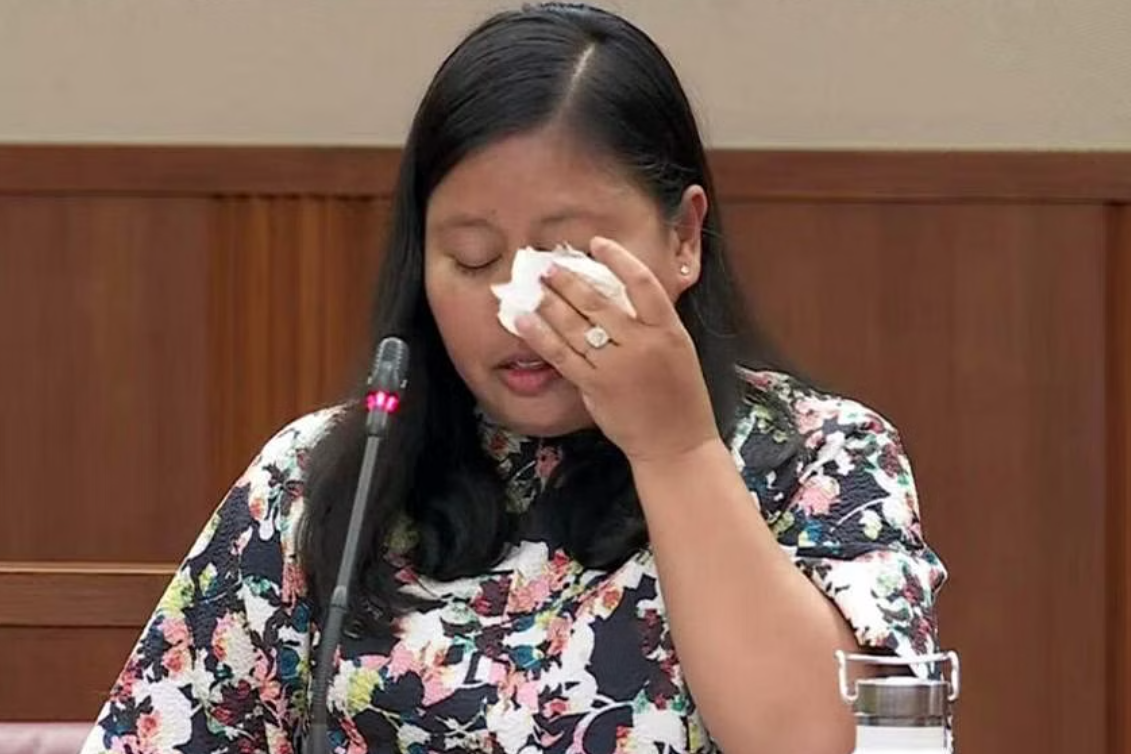'Evaluation measures for students' well-being, 4-day work week': MPs suggest ways to promote good mental health


SINGAPORE — Mental health was in the spotlight in Parliament on Feb 6, as more than 20 MPs spoke on ways to improve care and raise societal acceptance in a debate on advancing mental health.
The debate followed the October 2023 launch of the National Mental Health and Well-being Strategy, which aims to create a comprehensive ecosystem for people with mental health needs to receive support and help early in community settings, without stigma.
The Interagency Taskforce on Mental Health and Well-being, which came up with the strategy, said the idea is to bring mental health support closer to where people live, study, work and socialise.
Political office-holders are expected to join the debate on Feb 7, when they will articulate the Government's response.
Here are the key suggestions made by the MPs.
Mental health is a matter that touches every individual, and it must be recognised not just as a part of the country's healthcare system but also as a cornerstone of societal well-being and economic stability, said Dr Wan Rizal (Jalan Besar GRC).
While individuals need to do their part to maintain their mental health, some may need more help. For instance, more resources can be channelled to support programmes for caregivers of persons with mental illnesses.
There was also a call to deepen support to more vulnerable parents in order to help their children who have mental health needs.
Seniors also need to be a focus in fast-ageing Singapore, said MPs. They noted challenges such as social isolation and navigating an increasingly digital world.
Many MPs focused their speeches on this group, with suggestions on measuring students' well-being systemically, just as how their academic studies are monitored. This could be in the form of questionnaires, for instance.
Some questions raised included whether all teachers have received adequate training on mental health literacy, and whether larger schools have enough counsellors.
Schools must be more accommodating of students' mental health needs, including at critical transition points, and there should be more consistency in how schools meet these needs.
This cannot be left to the personal ambitions or dispositions of school leaders, said Mariam Jaafar (Sembawang GRC).

Mariam held back tears as she shared the stories of three young Singaporeans, including one with bipolar disorder who took his own life, to show the scale and complexity of the challenge and that more help should be provided to young people with severe mental health needs.
Society needs to make it safe for people to be more open about the mental health challenges that they or their loved ones face, otherwise no amount of government intervention and legislation will work, she said.
A few MPs brought up the challenge that Singaporeans with mental illnesses have in obtaining coverage for physical health conditions. There are private insurers that do insure those with mental illnesses. However, their premiums are often unaffordable for the masses, said Rachel Ong (West Coast GRC).
Dr Tan Wu Meng (Jurong GRC) asked if something can be done to ensure that individuals with mental health conditions can get physical health coverage at a higher but appropriately priced premium.
All the efforts to expand mental health support, to have more inclusive employers and better workplace fairness, among other things, cannot reach their full potential, or might even be undermined, if people are afraid to look for help, because insurers are disproportionately excluding Singaporeans from coverage, he said.
Ng Ling Ling (Ang Mo Kio GRC) asked if the Health Ministry would further help with medication costs and referrals for counselling therapy at general practitioners and counselling centres.
MPs said employers can play a key role in encouraging employees with mental health conditions to seek help, such as by granting paid medical leave as clinics often operate during work hours and weekend slots fill up quickly.
Granting the option of a four-day work week for employees with mental health conditions can help them keep their jobs as they focus on their recovery, said Progress Singapore Party's Non-Constituency MP Hazel Poa.
Another suggestion was to have a government wage subsidy to encourage employers to recruit staff with mental health conditions.
More psychiatrists are needed in Singapore, where waiting times for psychiatric visits have increased over the years, said Nominated MP Syed Harun Alhabsyi.
The number of psychiatrists here is relatively low, at an estimated 4.4 per 100,000 population in January 2020, he noted.
Meanwhile, Norway has 48 psychiatrists per 100,000; Switzerland, 43; New Zealand, 28; Australia, 13; Japan, 11; and the United States, 10, according to World Health Organisation data from 2015 to 2017.
Dr Harun, who is a private psychiatrist, called for regulatory oversight of clinical psychologists to ensure they meet standards. He also called for clarity on necessary training and experience in clinical settings, given that they work with vulnerable patients.
This article was first published in The Straits Times. Permission required for reproduction.